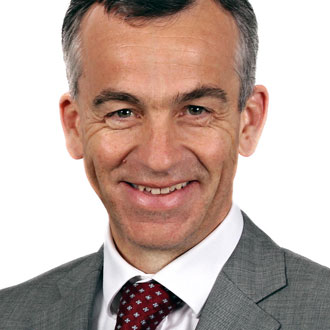Accountant’s view: ‘Any gains from 2004 have been eroded’

This year, the Government calculated that the way to give GPs a 1% pay rise was to increase funding by 1.16%. To do this, they used a formula that has been discredited and dropped by the independent pay review body.
The Government has given no details about how it arrived at this figure, but our analysis suggests that it is expecting a rise in staff costs in the region of 1.12%. On the face of it this seems reasonable given the public sector pay restraint of 1%, and also the increase in the employer’s pension contribution from 14% to 14.3%, which will take effect in April.
However, it takes no account of the reality of general practice – that most GP practices have had to increase staff numbers and hours in order to cope with ever-increasing workloads.
If this continues, which looks probable, then the 1.16% award is unlikely to deliver a 1% pay rise.
For practices wanting to know how their profits will be affected, we know that money will be reinvested from MPIG and discontinued DESs into the global sum, which means the global sum has risen by 3%. But the overall funding increase will vary according to individual practice circumstances and in particular how much is being lost by the withdrawal of MPIG.
But more generally the DDRB report gives independent support to what GPs have known for a long time: that GPs’ income is now at ‘levels seen before the introduction of the new General Medical Services contract’.
Thus it is recognised that the gains in GP pay negotiated in the 2004 contract have now been eroded.
Luke Bennett is a healthcare partner with Francis Clark LLP in Cornwall and a committee member of the Association of Independent Specialist Medical Accountants
Pulse July survey
Take our July 2025 survey to potentially win £1.000 worth of tokens












